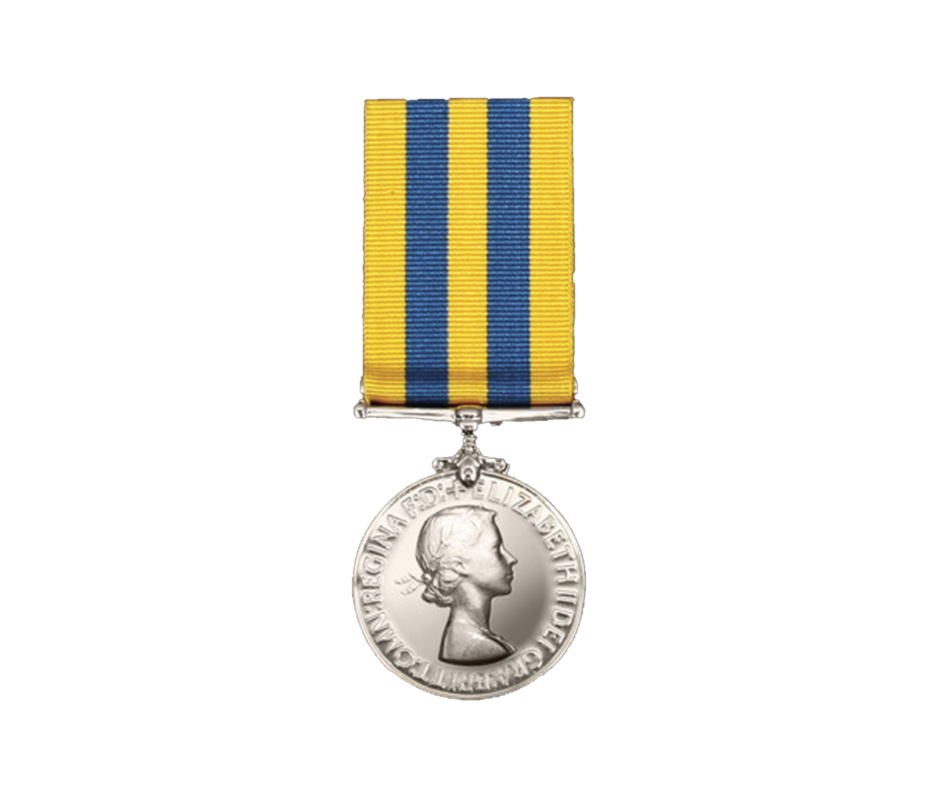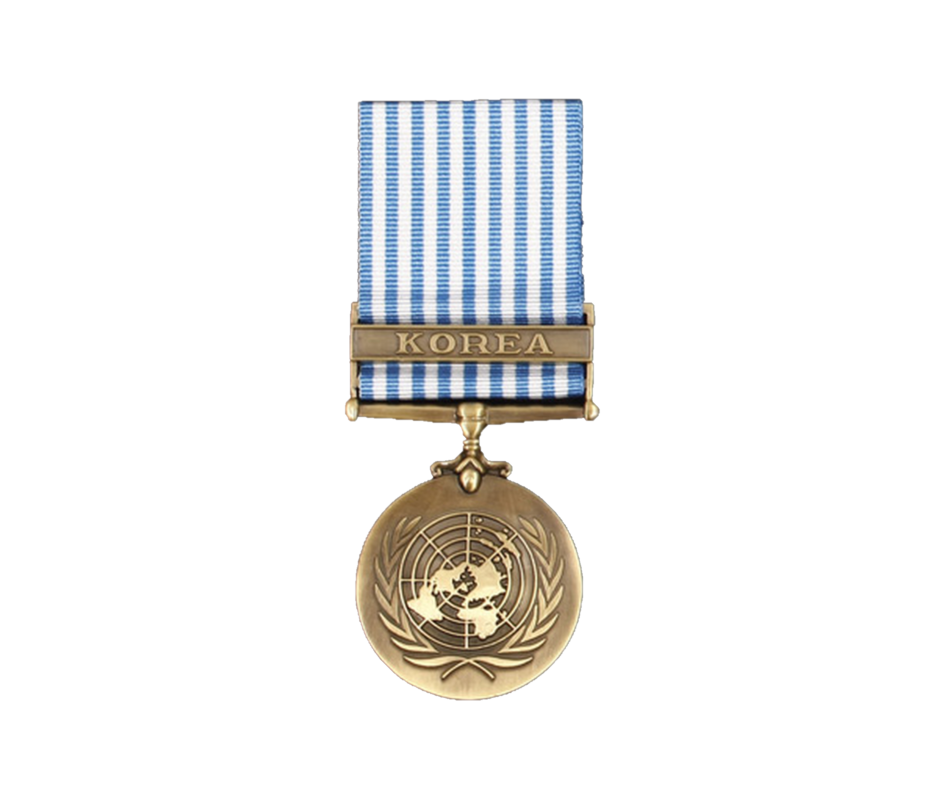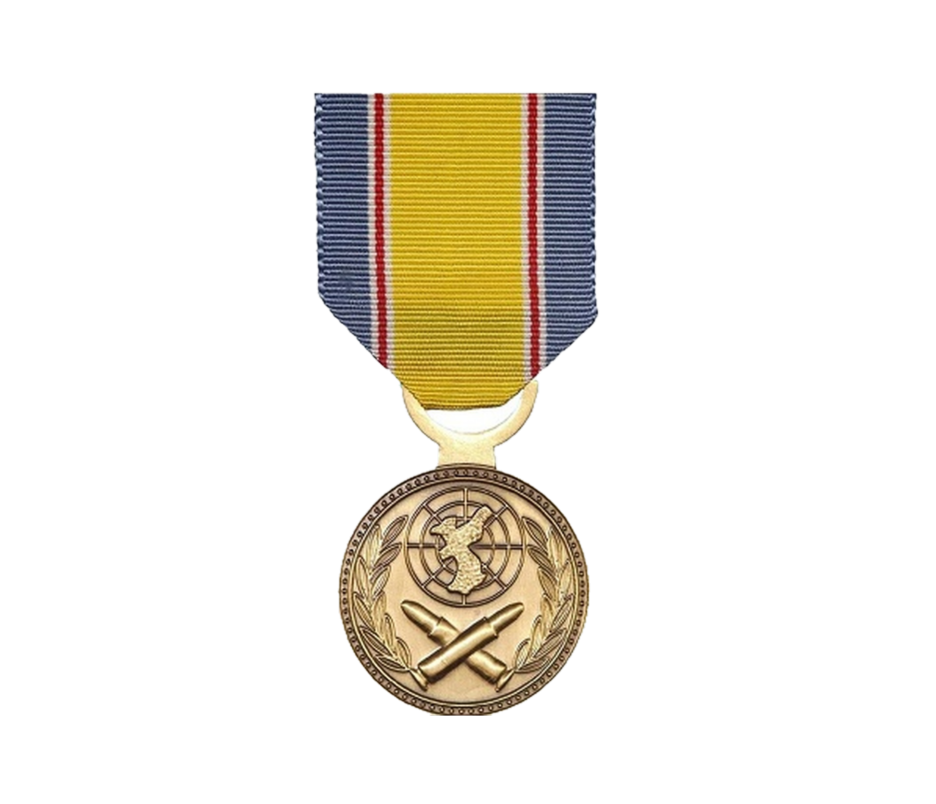The 70th anniversary of the Korean War
Posted by MS Shop on 24th Jun 2020
The 70th anniversary of the act that precipitated the Korean War falls on 25 June 2020. On that day in 1950, seven infantry divisions, an armoured brigade and several independent regiments of the Democratic People’s Republic of Korea (DPRK) Army in the north crossed the border, known as the 38th parallel, into the Republic of Korea (ROK) in the south capturing the capital Seoul within the week and driving ROK forces down into the south-western corner (the Pusan perimeter).

The Korean War had its roots in the end of the Second World War. Korea had been under Japanese control since 1910 and had no existing government which could be restored to power. As a result the United States (US) and the Union of Soviet Socialist Republics (USSR) agreed during August 1945 to separate the Korean Peninsula into two administrative spheres at the 38th parallel, with the US occupying the south and the USSR the north. A plan to hold elections and form a unified Korean government could not be agreed and by 1947 the United Nations (UN) became responsible for resolving the Korean ‘problem’. During 1948 the UN had accepted that the south would have its own elected government and in August 1948 the Government of the Republic of Korea was formed with its leader President Syngman Rhee. There was continued tension and periodic violence across the border throughout this period.
Australia, keen to support the newly formed UN, had played a small but important role in the years before the Korean War and at the start of the conflict itself. Australia had been involved at the UN in attempting to find a way to reunify the two halves of the Korean Peninsula. Australia was one of nine members of the United Nations Temporary Commission on Korea (UNTCOK) and, after the election had taken place in the south, its successor the United Nations Commission on Korea (UNCOK).
In March 1950 the UN requested that Australia provide two military observers (in their request they described the climate in Korea as temperate). Australia agreed and in the period immediately before the invasion Major FSB Peach and Squadron Leader RJ Rankin were sent to the 38th parallel to report on the situation.
for more please visit https://www.aph.gov.au/About_Parliament/Parliamentary_Departments/Parliamentary_Library/pubs/rp/rp1920/Quick_Guides/KoreanWar



During the Korean War, Australia used the Imperial Honours and Awards System and was therefore subject to the award policies set by the United Kingdom at the time. The regulations of the day did not permit the acceptance or wearing of this medal by British Commonwealth military personnel.
Following a campaign by the Australian Council of Korea Veterans Associations, a new offer of the medal was made by the South Korean government which was accepted, and approved for wear, by the Governor-General in 2017.







